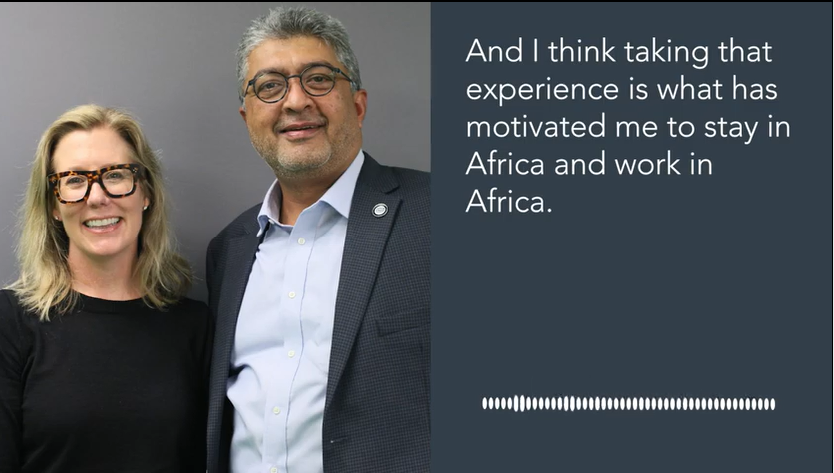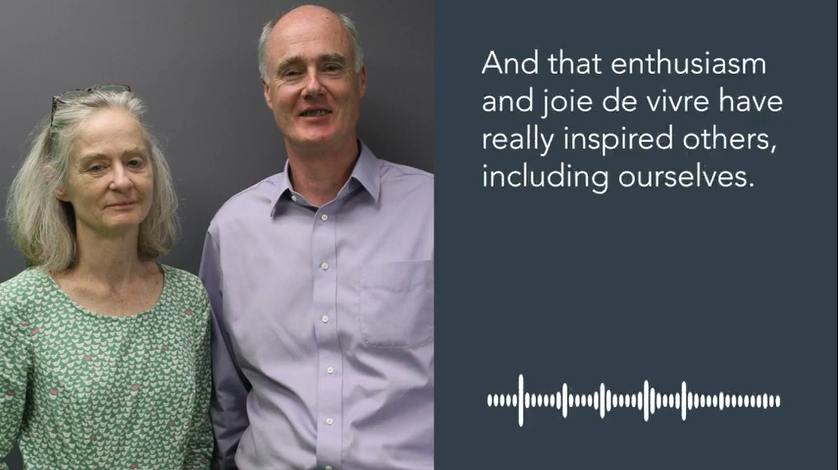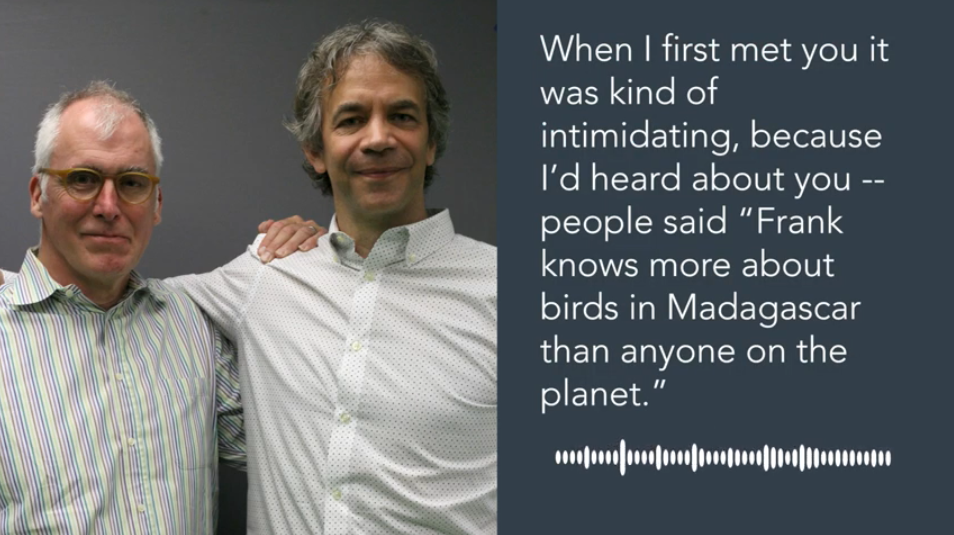Ralitza Germanova: The Lima stock exchange is a member of the UN Sustainable Stock Exchanges Initiative.
Francis: Yes, we decided to sign on 2015. The country was getting so involved in these issues that an institution within the country we thought that it was our duty to really get more involved in it.
Ralitza: So you have a vision and you like new ideas to push to the next level.
Francis: I’m always open to innovative ideas. I’m very conservative but I am much concerned with social issues. I was brought up in a country with very high unemployment, there were social issues to deal with during my university years, and after we had the terrorism years in Peru and then right after that we went into a very difficult economic situation, we had a very strong crisis in the country and it was hard for everyone to survive and to live in those years and so we need to capitalize better on exploring and exploiting or resources to provide wealth to the country. That’s something that I think we need to do in a very responsible way.
Ralitza: I wanted to ask what are you optimistic about.
Francis: Optimistic? Peru has had a wonderful decade of progress – and there is a new generation of Peruvians that believe much more in the country than my generation used to. This is a generation that really is willing to risk more, and is willing to invest more in the country, so I’m optimistic that the attitude makes a difference.
Ralizta: ESG is a challenging agenda but I truly believe as well that it’s the way forward and I hope that the millennial generation will get us there.
 https://commdev.org/wp-content/uploads/2019/08/Satyam-Mary.png
473
834
James Frazier
James Frazier2019-08-05 11:49:172019-08-05 11:50:35Satyam Ramnauth & Mary Porter Peschka
https://commdev.org/wp-content/uploads/2019/08/Satyam-Mary.png
473
834
James Frazier
James Frazier2019-08-05 11:49:172019-08-05 11:50:35Satyam Ramnauth & Mary Porter Peschka

